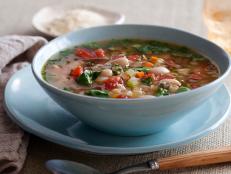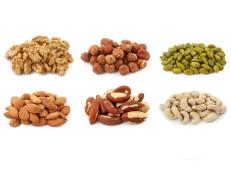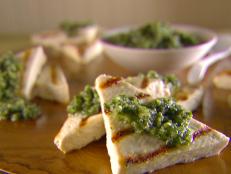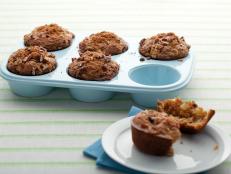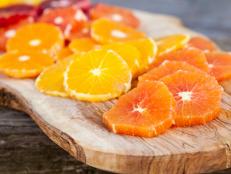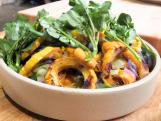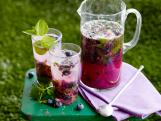Is Gluten-Free for You?

With everything from cookies to pasta to soup to sausages bearing a “gluten-free” label these days, you might have wondered what the hype is with gluten-free — is it healthier? Will it help you lose weight? Most importantly, should you go gluten-free? Read on to find out what gluten is and who should avoid it.
Gluten is a protein found in wheat, barley and rye and some other grains related to wheat such as kamut, spelt and farro. It’s also less obviously found in many food additives.
Some people absolutely should avoid gluten*—those with celiac disease or non-celiac gluten sensitivity. Celiac disease is an intolerance to gluten that damages the small intestine, preventing certain nutrients from being absorbed. It can cause symptoms ranging from fatigue and bellyaches to anemia and weight loss. People with gluten sensitivity may have similar symptoms to those with celiac, without the small intestine damage and diagnosis of celiac.
If you think you might be gluten-sensitive or allergic to gluten, ask your physician about testing for celiac disease. There’s currently no reliable test for gluten sensitivity, so if you’re negative for celiac, but still think gluten might be an issue for you, you can try cutting it out and monitor your symptoms. As with any major change in your diet, it can be a good idea to consult with a registered dietitian to make sure your diet is still balanced.
If you’re interested in going gluten-free because you think it will help you to lose weight or simply be healthier, think again. If you tolerate gluten well, then there’s no real reason to give it up. Some healthy foods, like whole grains, contain gluten. Conversely, some not-so-healthy processed foods are gluten-free. Your best bet for healthy eating is to read labels—paying attention to serving size and favoring short ingredient lists—and cooking whole foods from scratch.
*Note that people with celiac disease need to be hyper-vigilant of all of the sources of gluten, which include some non-food items, like certain body lotions, medicines and lickable stamps. Find a good resource, like celiac.com, for a list of hidden sources of gluten, as well as lists of safe and forbidden foods.
Kerri-Ann Jennings, MS, RD, is a registered dietitian who thinks you don’t have to compromise good taste to achieve good health. A former associate nutrition editor of EatingWell Magazine, Kerri-Ann now freelance writes about food, nutrition and health trends and her work has been published on FoodNetwork.com, Yahoo! Shine and the Huffington Post, among others. She also puts her masters degree in nutrition from Columbia University to use teaching classes and counseling individuals on adding healthy behaviors to their daily lives. Find more of her work at kerriannjennings.com or follow her on Twitter @kerriannrd or Facebook.
